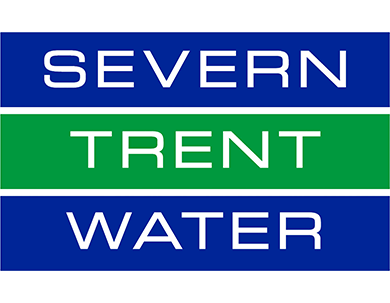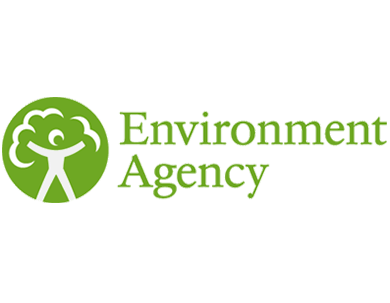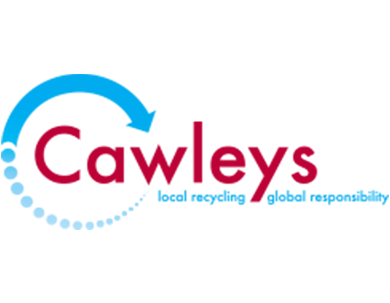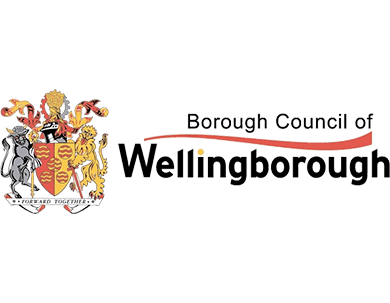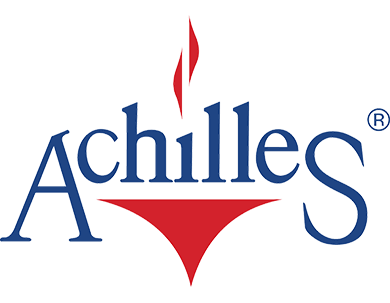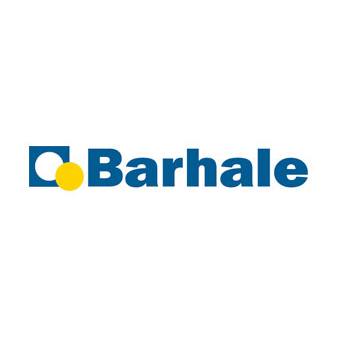Septic Tank FAQs
Here at Cammack & Wilcox, our professional team provides a range of liquid waste management services throughout Northampton. Due to our expertise, we get a lot of questions about septic tanks. With over 30 years experience in the liquid waste treatment industry, we feel qualified to provide answers to queries about sewage tank cleaning, septic tank cleaning, maintenance and more. So check out our frequently asked questions below.
Got a specific question we’ve not answered? Get in touch today and our friendly team will be happy to help.
What is a Septic Tank?
A septic tank collects wastewater not connected to the mains sewer system and decomposes it before draining via a soakaway. The tanks are stored underground and uses natural processes to treat sewage.
How does a Septic Tank work?
A septic tank uses bacteria to break down solid waste collected from a single house or a number of houses that cannot be connected to the mains drainage network. Septic tanks typically have a two or three chamber structure that allows the breakdown of solids into sludge. The remaining waste water is syphoned via an outlet pipe into a soakaway. This waste water is high in ammonia and can’t be discharged in to a water-course.
Why should I empty my tank?
- You’ll save money because if your septic tank, cesspool or pumping station is not maintained it will eventually let you down which can be disruptive and costly.
- Those not connected to the mains sewer are legally bound to look after their sewage systems properly. Anyone not adhering to the rules may be prosecuted.
- It can help sell your house. An unusable septic tank or one in a bad state will lower your property value and could be a major liability.
- It protects the environment. If your tank isn’t maintained properly, sewage can leak into local watercourses killing plant and animal species for miles downstream.
What substances should I avoid introducing to the septic tank system?
Excessive harsh detergents and bleaches can slow or stop the action of the natural digestive enzymes in the tank, this will lead eventually to bad odours and non-treatment of waste. You should also avoid putting poisons, motor oil, spirits, thinners, grease, solvents, strong acids or alkalis and paper based products which do not dissolve easily such as ‘disposable’ nappies, sanitary towels etc into your waste liquid system.
Whose responsibility is it for emptying the septic tank?
The owner or occupier of the property is responsible. If the tank services more than one property normally it is a shared responsibility.
What should I check if I'm buying a property served by a Septic Tank?
Establish if the system has been regularly serviced and emptied, also check if the septic tank is in good structural order and levels are correct. It would be highly advisable to arrange a site inspection which includes the drains, the septic tank and the soakaway which can be carried out by a competent surveyor.
How often should my system be emptied?
An average property with a family of four should be emptied every 12 months, more frequently with additional numbers.
Do I need to be present when you attend?
As long as we can gain easy access and we can locate the septic tank/treatment plant or pump station you do not need to be present. Our driver will leave you paperwork confirmation of our visit, including details of the work carried out.
How do I pay you?
Either by Cheque or direct into the bank by Internet Banking. We do not presently take payment over the telephone. Payment details are provided on the invoice we send you.
When you have emptied my tank where do you take it?
Your waste will be disposed of at a registered waste disposal site.
How quickly can you attend?
In an emergency we will make every effort to be with you promptly, at least within 24 hours. Non emergencies – usually at your convenience within a week.
How do I contact you?
Call the Head Office on 01604 891457 or email us today via our contact page.


